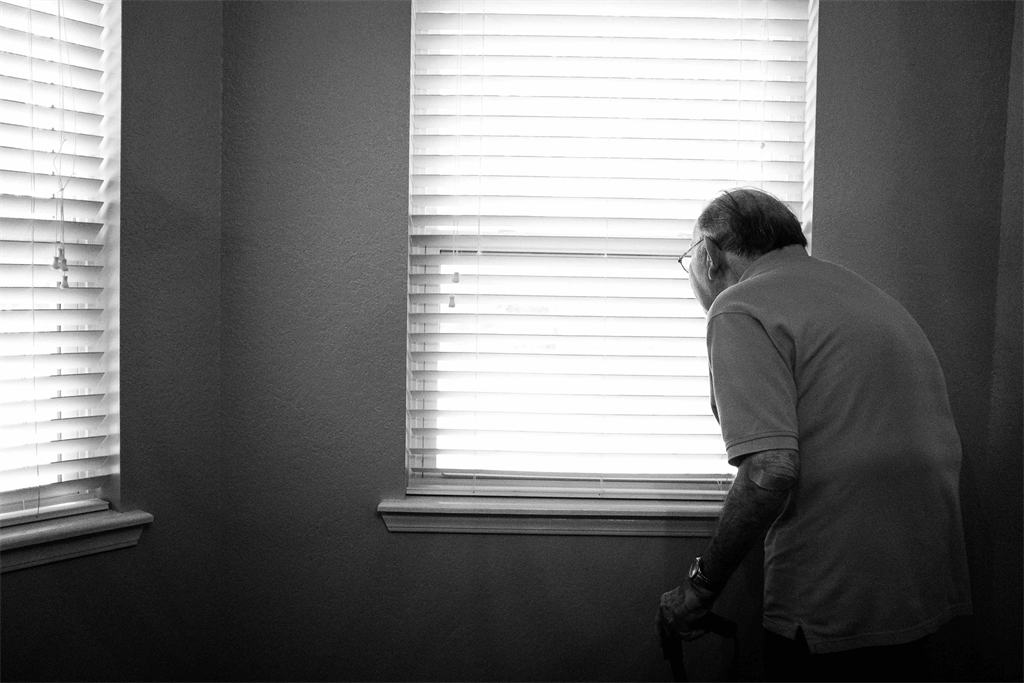Personal Injury in Nursing Homes
Posted Friday, November 8, 2019 by Chris Thayer
 While placing a loved one in a nursing home is always a difficult decision, family members take solace in the idea that every nursing home has a moral and legal obligation to care for its residents. Two million Americans live in nursing homes or assisted living facilities, and sadly, nursing home abuse is on the rise. Learning the signs of elder abuse can help you ensure that your loved one is always safe.
While placing a loved one in a nursing home is always a difficult decision, family members take solace in the idea that every nursing home has a moral and legal obligation to care for its residents. Two million Americans live in nursing homes or assisted living facilities, and sadly, nursing home abuse is on the rise. Learning the signs of elder abuse can help you ensure that your loved one is always safe.
*Federal Law *In 1987, Congress passed the Nursing Home Reform Act. According to this federal law, nursing home residents have the right to the following:
- Right to privacy
- Appropriate physical, mental, and social services
- Free communication and participation with family, residents, and the community
- Dignity and respect
- Freedom from abuse, neglect and physical restraint
- Decision-making authority with regard to their health and finances (where appropriate)
- Ability to file a complaint without fear of retaliation
*Signs of Elder Abuse*Unfortunately, the statistics show that personal injury and abuse to elders in nursing homes and long term care facilities are underreported, widespread, and increasing. Knowing the signs of elder abuse can help you spot it in your loved ones, and hopefully, prevent any negligence on behalf of the nursing home or nursing home staff.
*Physical Changes
*Elder abuse may be present if the following physical changes are present:
- Broken bones without explanation (or fractured bones)
- Unexplained infections
- Failure to wash sheets or clothing
- Challenges to normal sleep habits
- Failure to bathe your loved one or keep them clean
- Weight Loss
- Dehydration or Malnutrition
- Bedsores
- Overmedication or Oversedation
- Bruises
- Physical markings unrelated to any illness
- Torn or ripped clothing
- Injury in or around the genital area (possible sexual abuse)
- Newly developed sexually transmitted disease
*Emotional Changes *While many seniors have dementia, drastic emotional or mental changes that occur suddenly can signal elder abuse. Acting out against family and friends could be a sign or way that an elderly loved one is trying to communicate distress without retaliation from the nursing home staff. Blaming themselves for small problems, refusing to participate in activities, fear around the staff, mental regression, or visible anger or depression can all be signs of abuse.
*Financial Changes
*Oftentimes, the family will be in charge of all finances. However, some nursing home residents will still maintain a certain amount of independence regarding their finances, spending or even their legal documents. If you notice that a last will and testament has changed, or money missing from a bank account unexpectedly, there may be a nursing staff member manipulating your elderly loved one.
*Negligent Behavior by the Nursing Home Staff*If your phone calls are going unanswered, the staff seems disorganized or secretive, your questions remain unanswered regarding living conditions or medication, or the nursing home is making it somehow challenging to visit your elderly loved one, you may be experienced warning signs of an attempt to cover up elder abuse.
*Contact an Experienced Personal Injury Attorney *Your elderly loved one deserves respect, dignity, and care. Abuse of the elderly is not only morally wrong, but it is also an illegal act, punishable by law. Your loved one may have a fading memory, and it is always important to contact an experienced attorney right away while they still remember the facts and circumstances of their abuse. Contact our legal team at the Pivotal Law Group at 206-340-2008 or online today to learn your options, and how we can help you with your nursing home abuse case for your loved one.
